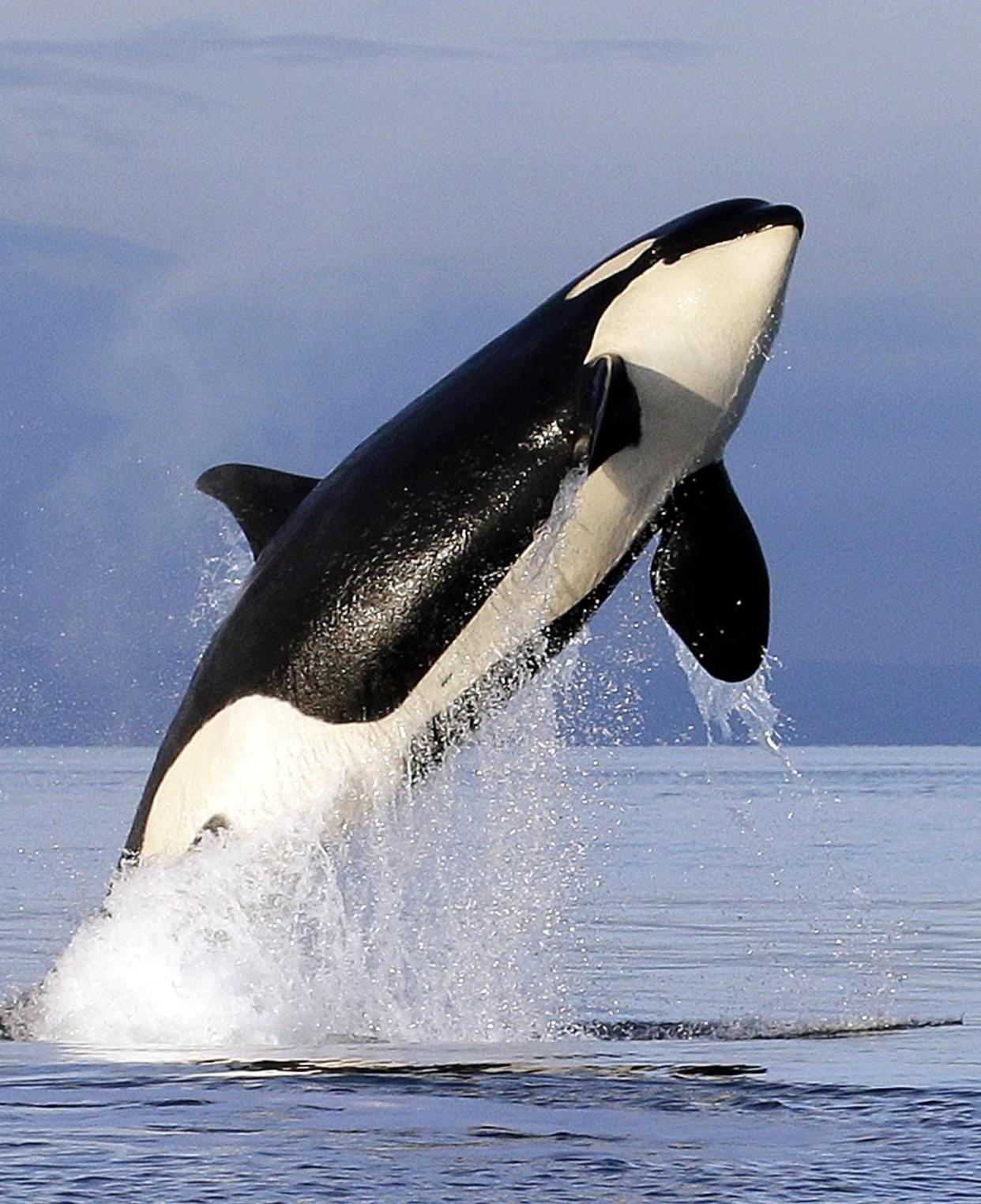Petition seeks further protection for southern resident orcas

The Center for Biological Diversity, Defenders of Wildlife and Whale and Dolphin Conservation filed a petition Thursday aiming to protect southern resident orcas under the Oregon Endangered Species Act.
“Southern resident orcas are icons of the Pacific Northwest, yet Oregon has lingered on the sidelines of recovery efforts,” said Quinn Read, Oregon policy director at the Center for Biological Diversity. “It’s time for Oregon to step up and acknowledge its critical role in saving these incredible orcas and the Chinook salmon they depend on for survival.”
Southern resident orcas are currently listed as endangered under the federal Endangered Species Act, but state listing would require the development of a state endangered species management plan. The Center for Biological Diversity said this would spur coordination among state agencies and would lead to the development of concrete actions to address threats to orcas in Oregon.
Just over 70 southern resident orcas remain divided into three family groups according to the most recent census, Center for Biological Diversity officials said.
Parts of these orcas' range include the inland and coastal waters of Washington and the coastal waters of Oregon and California, officials said. The mouth of the Columbia River is a crucial area for the whales to forage.
“The southern residents play an important role in Oregon’s ecosystems. They need and deserve every protection we can give them,” said Kathleen Callaghy, Northwest representative for Defenders of Wildlife. “Their population hasn’t increased in over five years. There is no time to waste.”
Births have failed to outpace deaths among the southern residents' population, officials said. Steep declines in prey quality and quantity, high levels of marine contaminants, noise and disturbance from vessels and humans and risks of an oil spill are all primary threats to the orcas.
The population decline is also tightly correlated with the decline of Chinook salmon in the Pacific Northwest, as they make up about 80% of the whales' diet, officials said.
The Oregon Fish and Wildlife Commission has 90 days to decide whether the petition provides substantial scientific information to warrant listing.
Makenzie Elliott covers breaking news and public safety for The Register-Guard. Reach her at MElliott@gannett.com. Find her on Twitter at @makenzielliott.
This article originally appeared on Register-Guard: Petition seeks further protection for southern resident orcas

